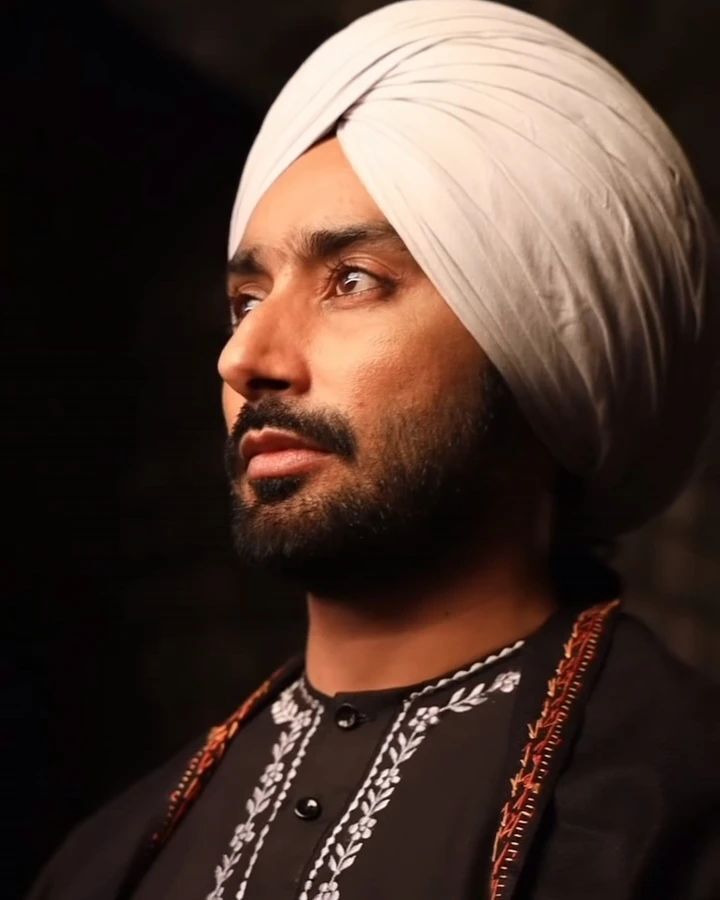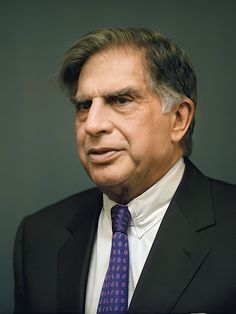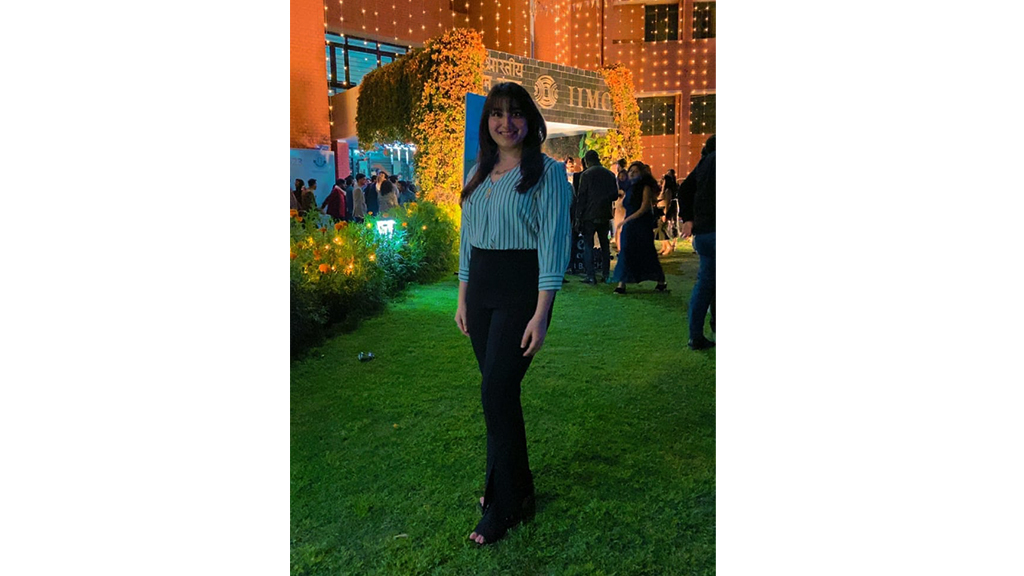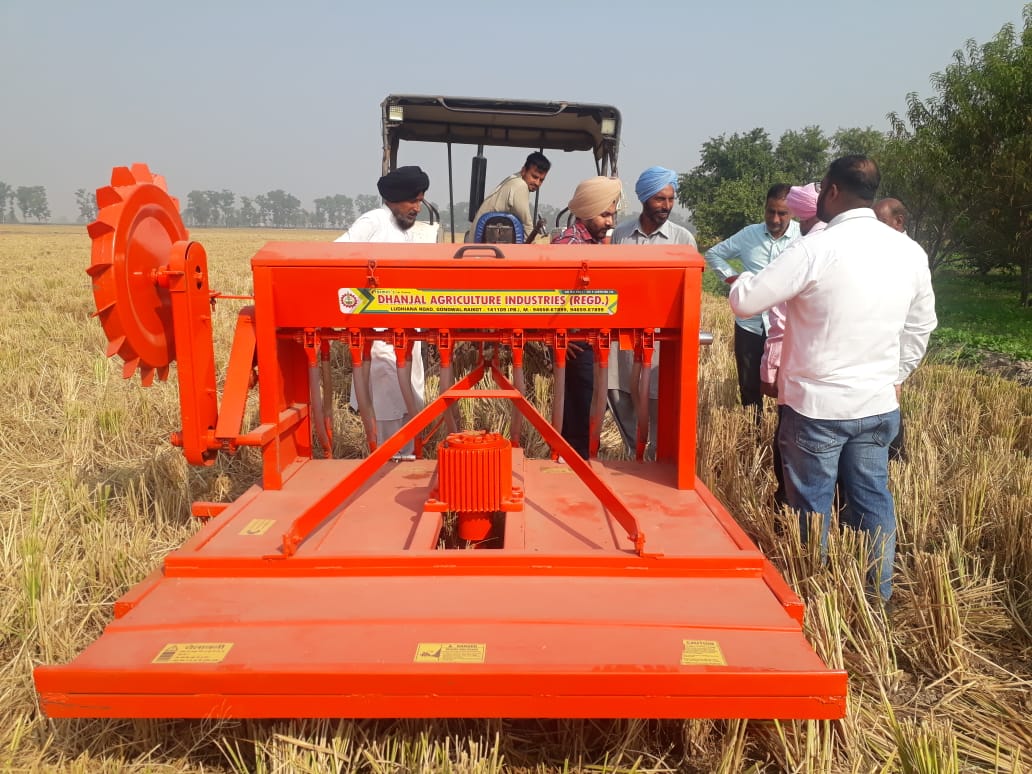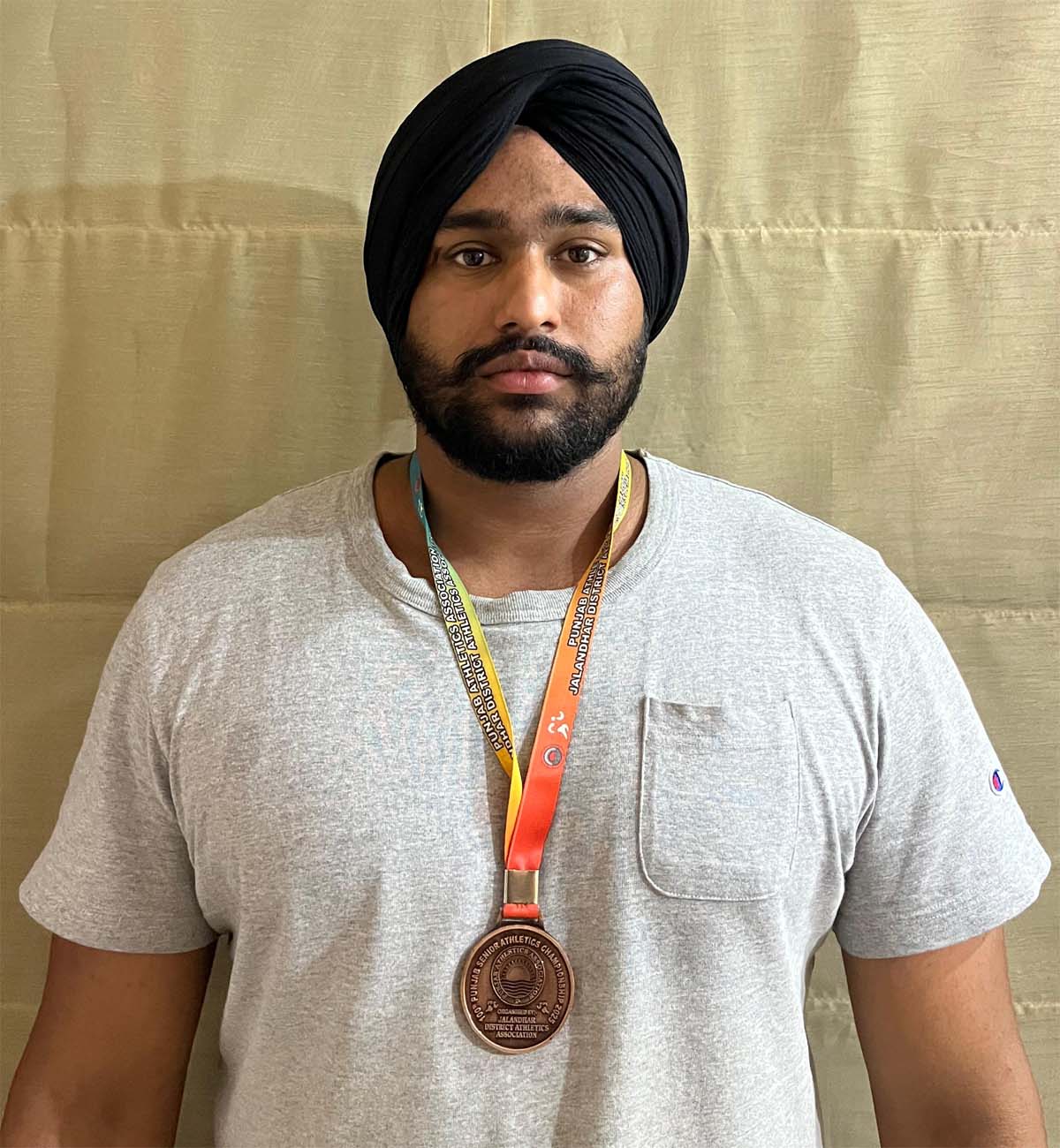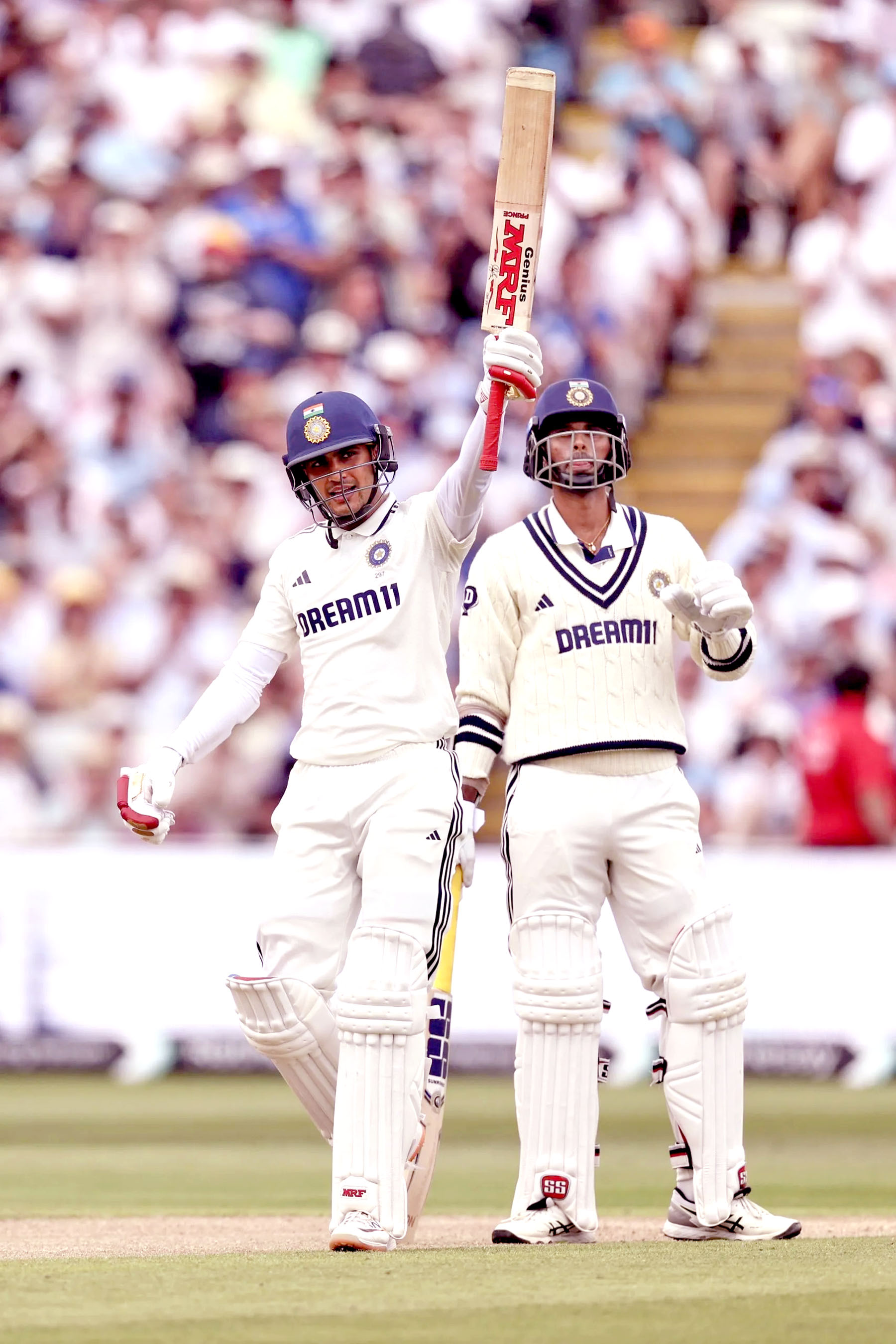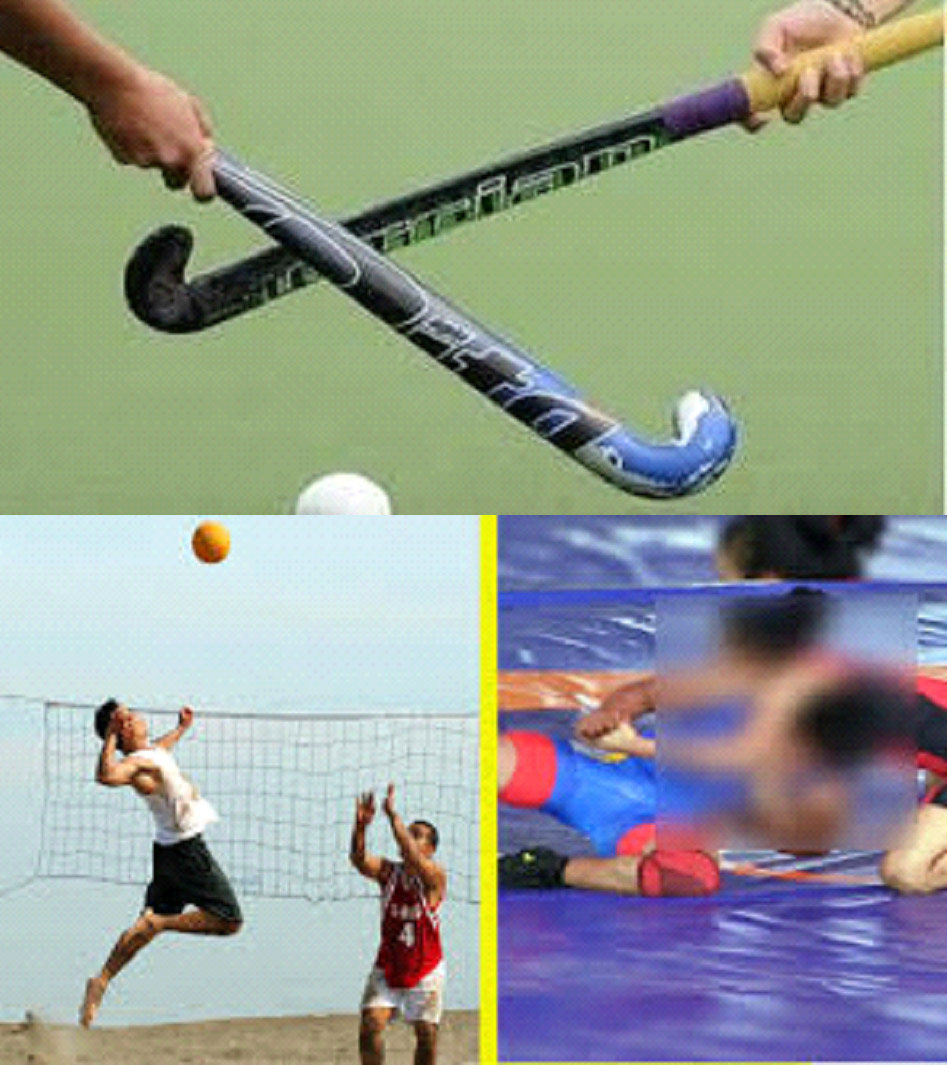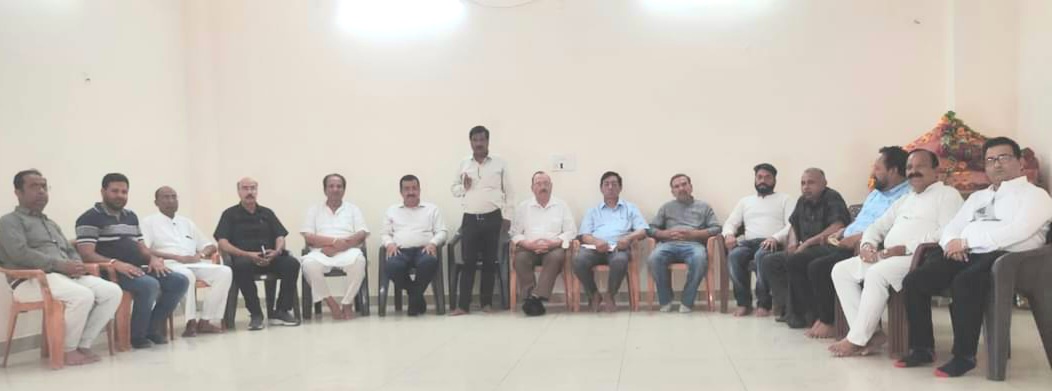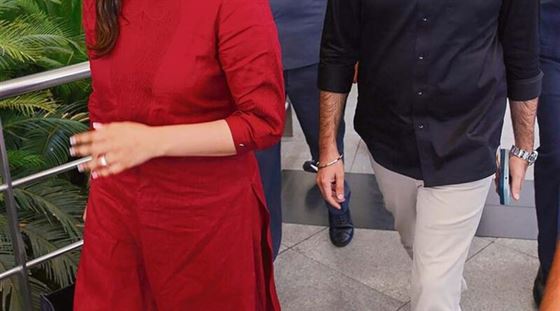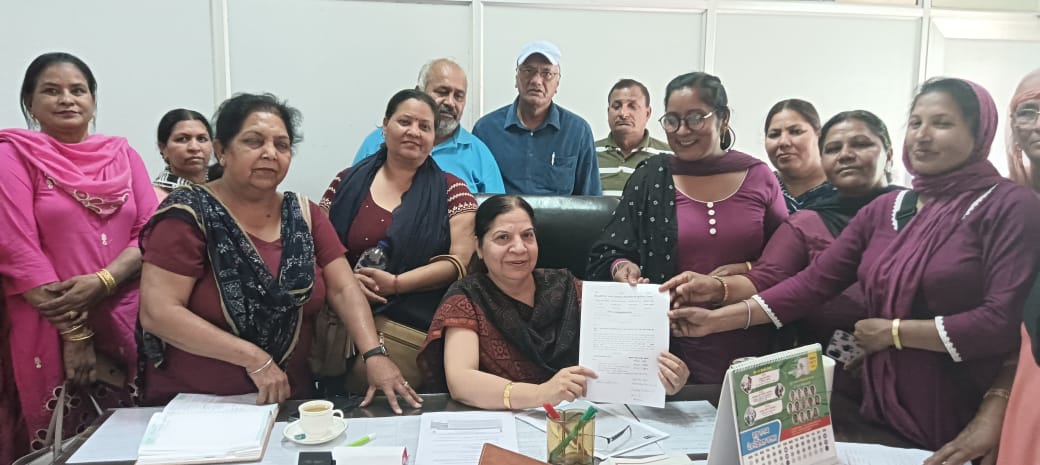
Massive rally at Nawanshahr by Democratic Asha Workers Facilitator Union
Nawanshahr April 19 - In protest against the Punjab government's sudden dismissal of Asha workers and facilitators above the age of 58 from the department, the Democratic Asha Workers' Facilitator Union, District Shaheed Bhagat Singh Nagar, today held a district-level massive rally at the Civil Surgeon's Office and civil A demand letter was sent to Chief Minister Punjab through surgeon Dr. Jaspreet Kaur.
Nawanshahr April 19 - In protest against the Punjab government's sudden dismissal of Asha workers and facilitators above the age of 58 from the department, the Democratic Asha Workers' Facilitator Union, District Shaheed Bhagat Singh Nagar, today held a district-level massive rally at the Civil Surgeon's Office and civil A demand letter was sent to Chief Minister Punjab through surgeon Dr. Jaspreet Kaur.
Speaking at the rally, the state general secretary of the organization, Shankutla Devi, Balwinder Kaur Bagowal said that the Punjab government has set the retirement age of 58 years after March 31 after 17 years of long service rendered by the facilitators of Asha workers. The order to go home empty-handed has been issued Due to which thousands of Asha workers and facilitators in Punjab have been hit hard. IFTU state president Kulwinder Waraich, DTF state secretary Mukesh Kumar Gujarati, Istri Jagrati Manch state president Bibi Gurbakhsh Kaur Sangha, Balveer Kumar former district president DTF, Shankar Das Banga said that before the elections Aam Aadmi Party had promised , that as soon as the government is formed, the remuneration of Asha workers will be doubled And will be brought under minimum wage But instead of doubling the increase, Asha has earned double the betrayal of workers and facilitators by ordering them to go home empty-handed. With this deliberate action of the Punjab government, the anti-worker face of the Punjab government has been completely exposed.
The leaders of the organization are Balwinder Kaur General Secretary, Geeta Muzaffarpur, Anita Thopia, Kanta Rani Chak Mander, Satwinder Kaur, Ranjit Kaur, Gurdeep Kaur, Narinder Mukandpur, Sweety, Rajwinder Kaur Cut, Neeta, Harbans Kaur, Gagan Kumari, Ranjit Kaur, Harbans Kaur. Muzaffarpur, Manjit Kaur, Jasveer Kaur, Rajni Garcha, Seema etc. gave a warning and said that if the Punjab government does not withdraw this deadly letter, the struggle will be intensified. They demanded that the retirement age of the workers should be 65 years, gratuity of five lakh rupees should be given to every worker on retirement and pension of 10 thousand rupees should be given every month.
Harmesh Rani Kultham, Jaswinder Kaur Ratanda, Raj Rani Bahua, Satpal Keller Garshankar also spoke on this occasion.


